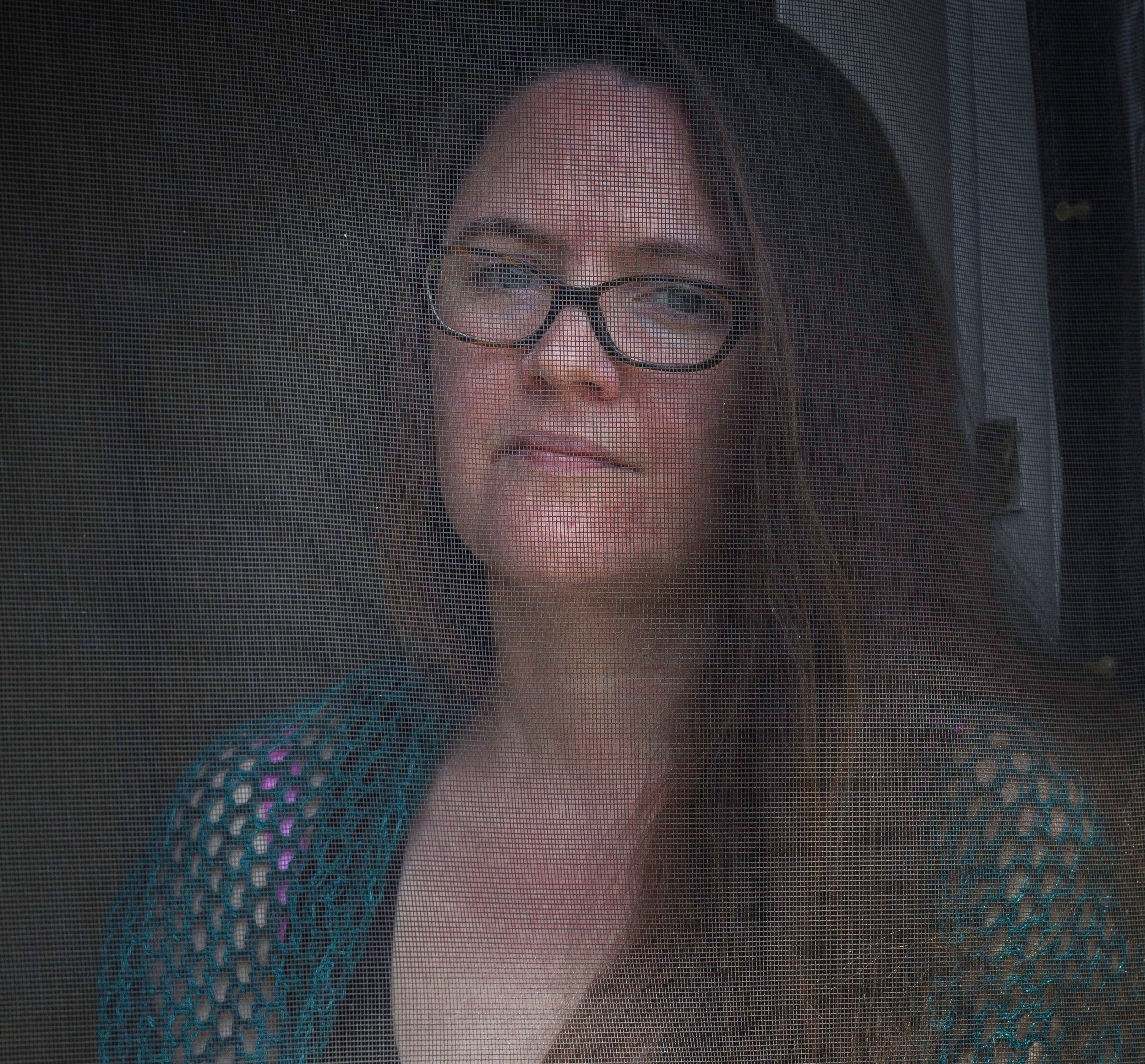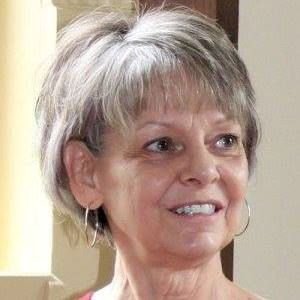kɑrtˌʰwil (cartwheel)
/Phoebe Reeves
One more Cassandra calls cities to herself.
Piles of casework tumble off her knees.
She sees Carthage, Cartagena, Casablanca
coming to her the way cartilage loosens
when the knife enters the joint.
No cartographer can control the coordinates his map carries.
The horse pulls the cart—cartons, casks, Casanova’s used condoms.
The carthorse’s sores make a Cartesian argument
across its withers, carved
in reflex down the flank.
Now you must make your case like Cassandra
seeing the edge of the world: wine
leaking from a cracked cask, the earth
lapping it up like any good Casanova would.
Author’s Statement: This poem is part of a book length project called The Lexicographer's Garden, which engages with the dictionary one page at a time, through the alphabet and back again. Each poem takes as many words from that one page as possible and incorporates them into its language. This began as an exercise I do with my beginning poetry students, and was so much fun that for two years, I did it myself every Sunday morning, loving all the forgotten words, strange coincidences, and musical engagement of alliteration.
Phoebe Reeves earned her MFA in poetry at Sarah Lawrence College and now is Professor of English at the University of Cincinnati. She has three chapbooks of poetry, most recently The Flame of Her Will (Milk & Cake), and her first full length collection, Helen of Bikini (Lily Poetry Review) was published in March, 2023. Her poems have appeared in The Gettysburg Review, Best New Poets, Grist, Forklift OH, and The Chattahoochee Review, and she has been awarded fellowships by the Virginia Center for the Creative Arts and the Vermont Studio Center. She lives in Cincinnati, OH with her husband Don Peteroy, amidst her unruly urban garden.







